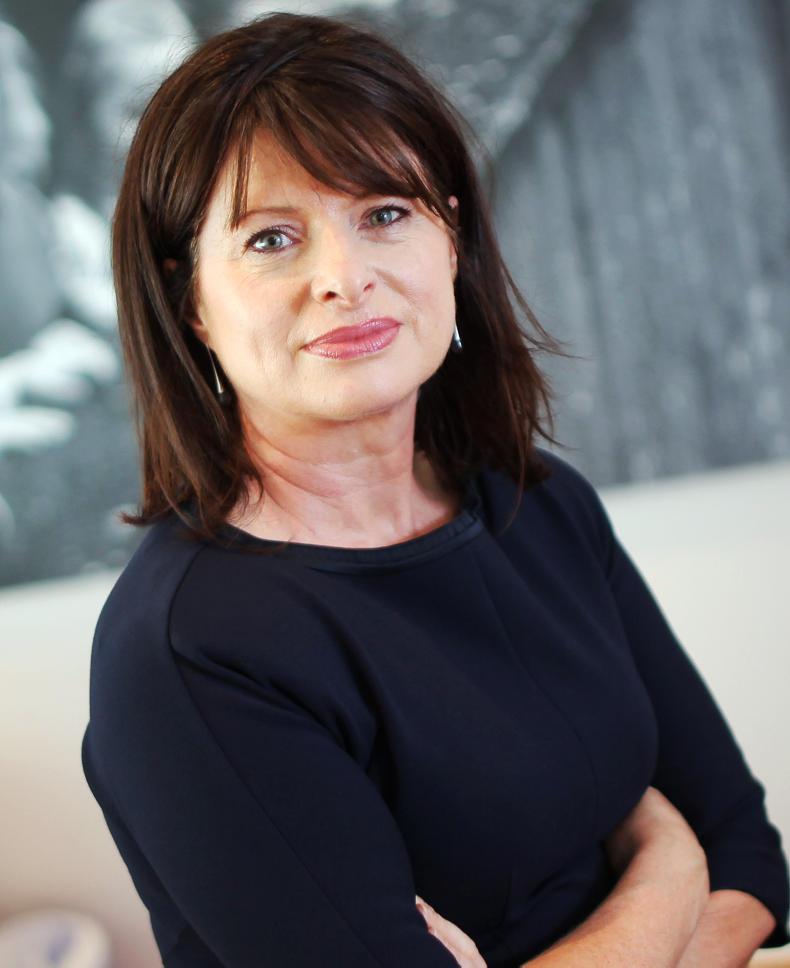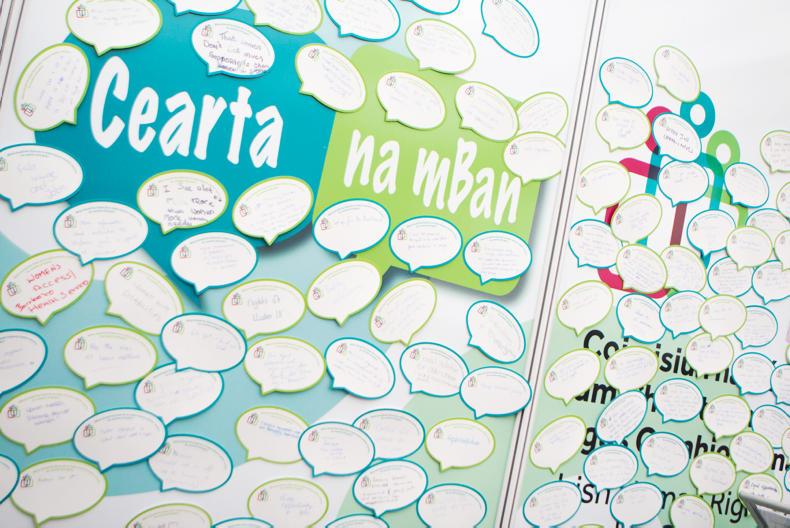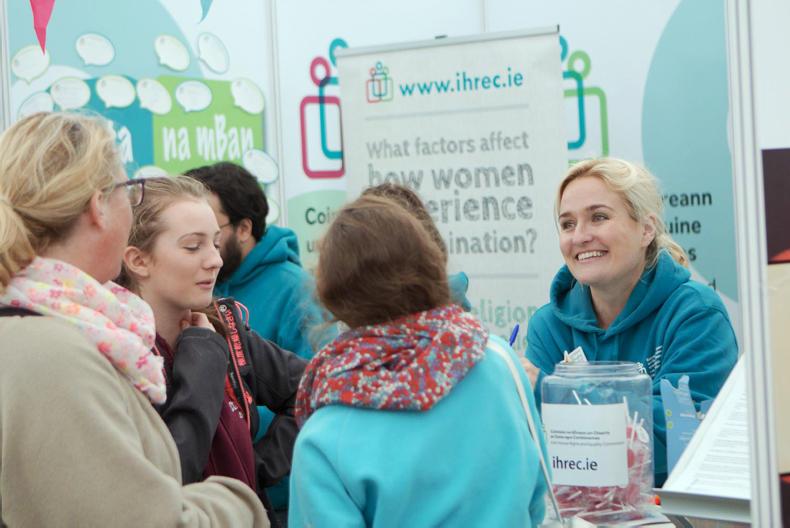Anew report that shines a light on the challenges and opportunities in rural Ireland has been released ahead of Ireland being examined by the UN next week on its progress on women’s rights.
The publication of the Action Plan for Rural Development by Government in January, has focused attention on a goal to “unlock the potential of rural Ireland”, but to fully achieve this, all potential must be tapped. That potential includes women across rural communities.
Next Wednesday, for the first time in over a decade, Ireland will be examined directly by the UN in Geneva on the actions the State is taking to promote human rights, equality of treatment and opportunity for women and girls. This includes actions that specifically combat discrimination against women and girls living in Ireland.
One of the areas the UN has specifically asked Ireland to focus on is the specific concerns over the opportunities, access and participation available to women in rural Ireland, and to ensure women’s perspectives are directly included in rural development.
This examination is taking place because Ireland is a party to the UN Convention on the Elimination of all Forms of Discrimination against Women (CEDAW). When ratifying this international human rights treaty in 1985, Ireland committed itself to achieving equality for women, including in the areas of political and public life, health, education and employment. The importance of women in rural areas is also explicitly recognised in this core UN convention.
The government will, next week, sit before the UN Committee on the Elimination of Discrimination Against Women, a committee of independent international experts who will ask Ireland to spell out progress to date.
On 9 February, ahead of that UN examination, the Irish Human Rights and Equality Commission is publishing our independent report on the protection of women’s rights in Ireland, and to make some direct recommendations for action.
Our role, as the national monitor of human rights and equality in Ireland, is to report independently to the UN about adherence to international human rights standards. In doing so, we want to make sure our report reflects the lived experience of women and girls.
Ireland today sees low levels of female farm ownership - at around 11% in Ireland, compared with the EU average of 30%
In compiling this report, we have travelled the country meeting and speaking to thousands of women and girls, including at the Ploughing Championships last year in Tullamore; at meetings around the country in Mayo, Donegal, Monaghan and Kerry; at meetings with representative organisations; by speaking with women in direct provision centres; by hearing the views and experience of women in prisons; and by collecting views online and in writing.
Concerns about rural poverty and isolation, and their particular impacts on women – and especially older women – in rural areas was highlighted by women and girls we met around the country.
It was striking to hear from women living in rural areas, their worries for women living in their communities, and their fears that neighbours may be suffering behind closed doors, isolated from support services.
This concern is reflected in our recommendations, where we have highlighted a basic lack of data about women who are at risk of poverty in rural areas. When asked by the UN, the State was unable to provide data on how many women are affected and in what circumstances.
There is a need for more refuge accommodation in rural areas for victims of abuse and access to the services that can help women escape a cycle of violence.
For example, at a regional consultation event in Co Monaghan, a domestic violence support worker told us of an occasion in 2016 when the closest available emergency accommodation was 165km from a victim’s home.
Women, particularly in rural areas, are dramatically underrepresented as TDs and as local councillors. More mentoring, training and targeted support is needed to ensure women can step forward as advocates for their communities.
Ireland today sees low levels of female farm ownership – at around 11% in Ireland, compared with the EU average of 30%. With this in mind, the UN has already asked the State to provide information on “targeted support for rural women, to increase their ownership of land.
This imbalance in farm ownership has a knock-on impact in decision-making on farms, and on women farm owners seeking finance on equal terms.
The Action Plan for Rural Development, has now been published by Minister Heather Humphreys.
It is noteworthy that out of 276 actions in the plan, only two make reference to rural-related challenges for women.
It is clear that a more direct link needs to be made for women to play an equal role in successful and sustainable rural development.
The capacity of women across rural Ireland to help solve structural rural issues and to build and lead sustainable long-term futures for our rural communities is strong – let’s further release that capacity.







SHARING OPTIONS